Rishi Sunak must be welcoming some long-awaited good news… The consumer price index (CPI) reported that inflation dropped to 3.4% in February, the lowest figure since September 2021. The question is though, why are we all still skint?
Fresh Data Shows Inflation Falling

Economists had predicted a drop in inflation to 3.5%, so today’s figures will have provided some slightly unexpected good news to the government. Figures from December and January showed the rate was stable at 4%.
Reasons for High Inflation Well Understood
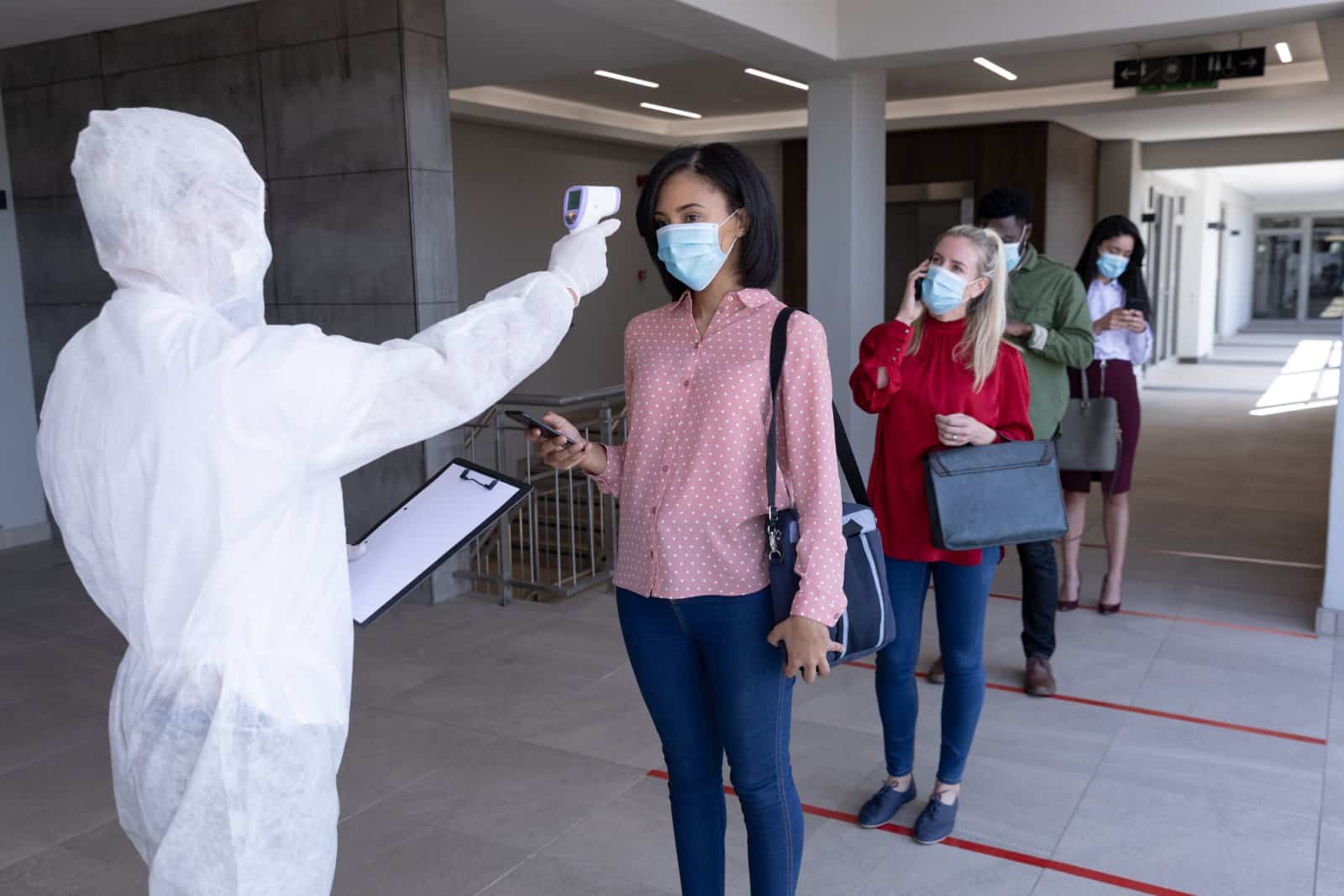
The blame for 41-year high rates was placed on COVID-19 impacting demand and supply chains, especially from abroad. The Russian invasion of Ukraine impacted wholesale gas prices, and labour markets were impacted by Brexit, forcing higher wages (and therefore costs).
Drivers of High Inflation Fading

Thankfully global supply chains have started to recover, which should bring costs of goods and shipping down. The wholesale gas price has fallen dramatically now alternative supplies have been established.
Despite the Figures, the Cost of Living Remains a Problem
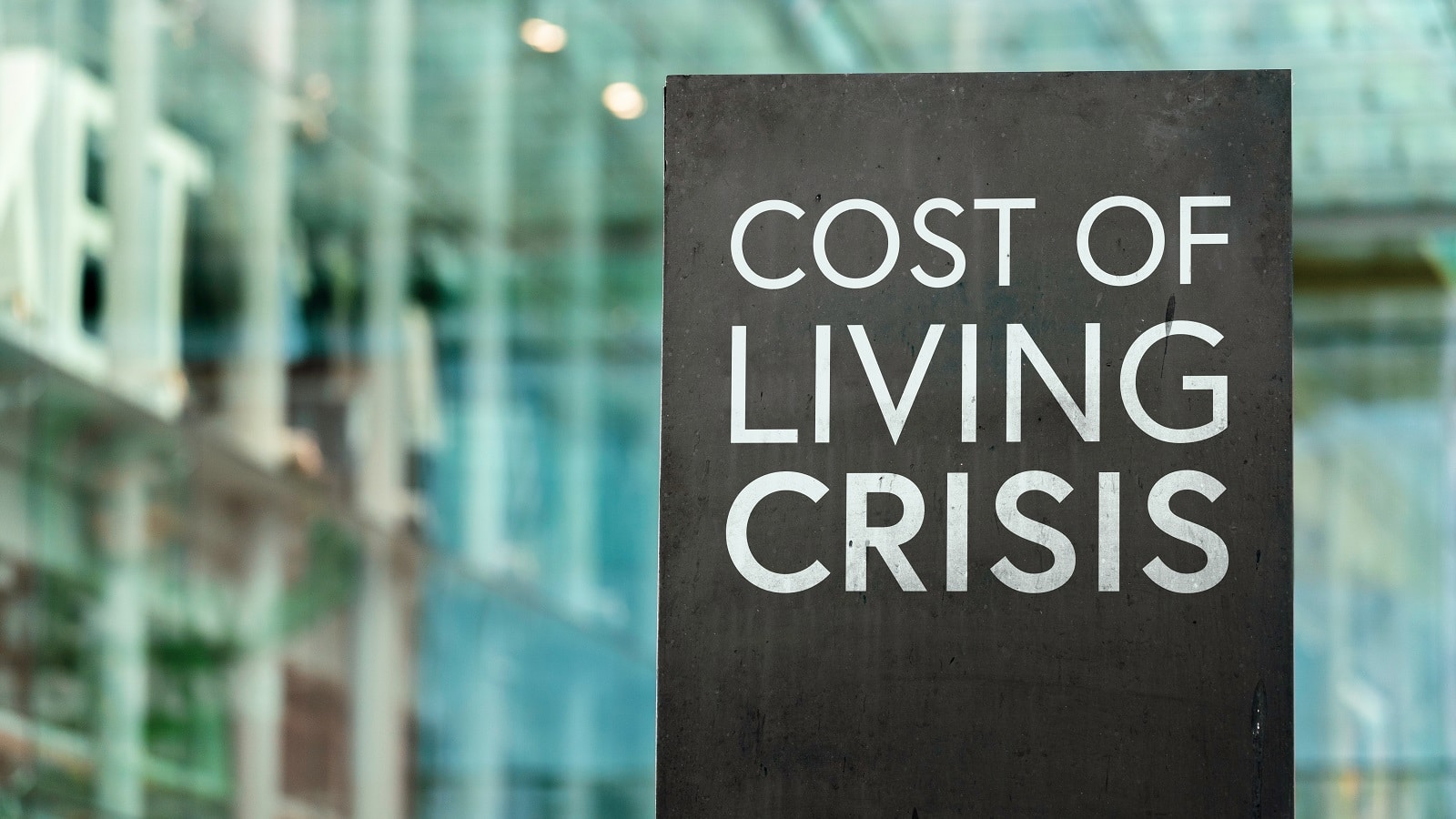
Whilst these figures might give the government something positive to talk about, the reality is the cost of living remains stubbornly high for the British public.
Utilities and Services Increasing in Price
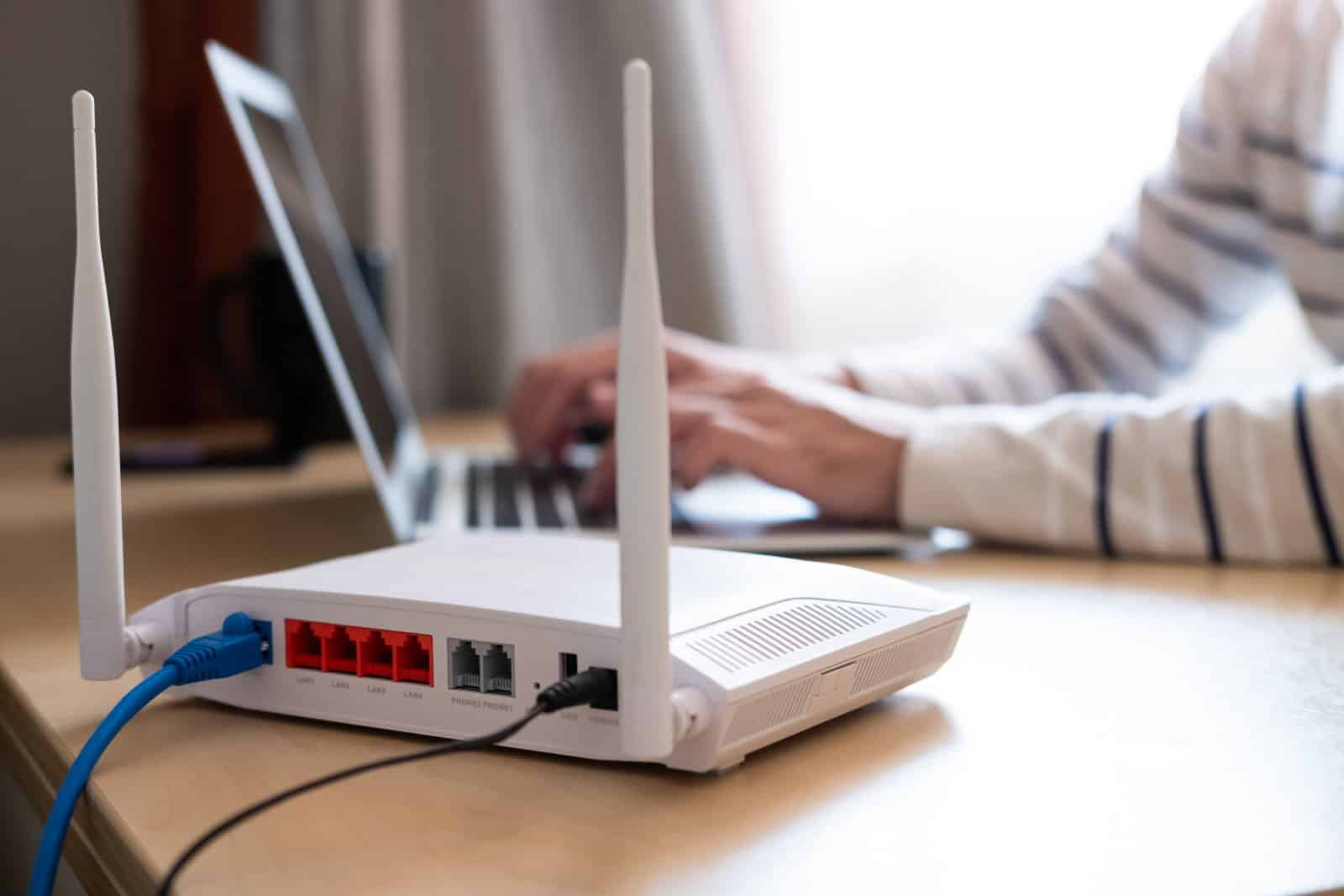
Insurance premiums, mobile phone costs, TV and broadband prices have been in the spotlight recently, as providers continue to hike prices. Suppliers tie these to inflation measures, which have been high for some time.
Interest Rates Remain Higher
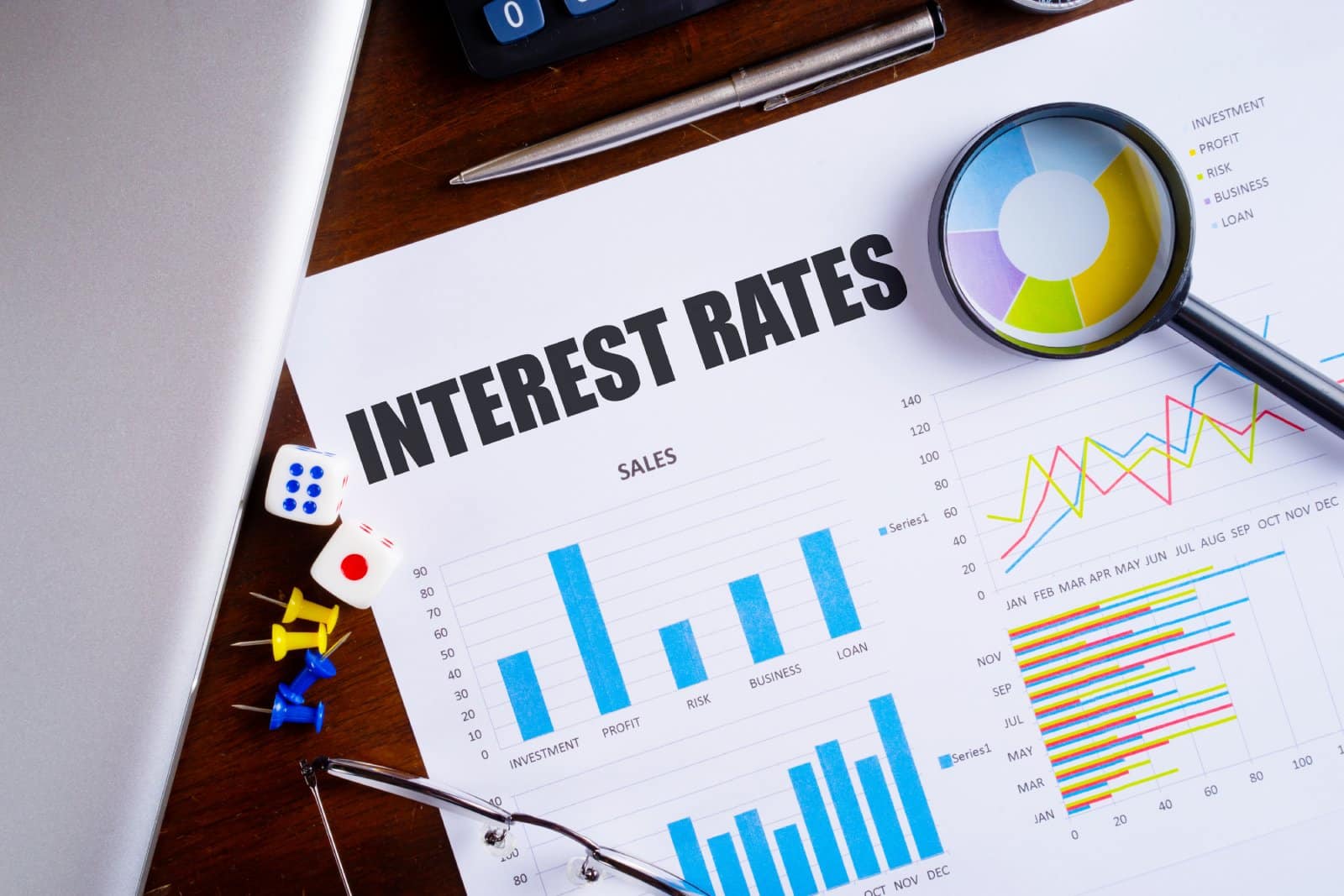
Some forecasters expected the Bank of England to lower interest rates faster than they have, hoping it would reduce borrowing costs. Bank of England base rate remains at 5.25%, keeping mortgage (and therefore rent) costs higher.
Housing Is the Largest Outgoing for Most

The largest outgoing for most people in the UK is their housing, so whilst interest rates remain high in an attempt to curb inflation, we’re all going to be hit in the pocket. This shows no immediate signs of slowing.
The Budget Aimed to Help
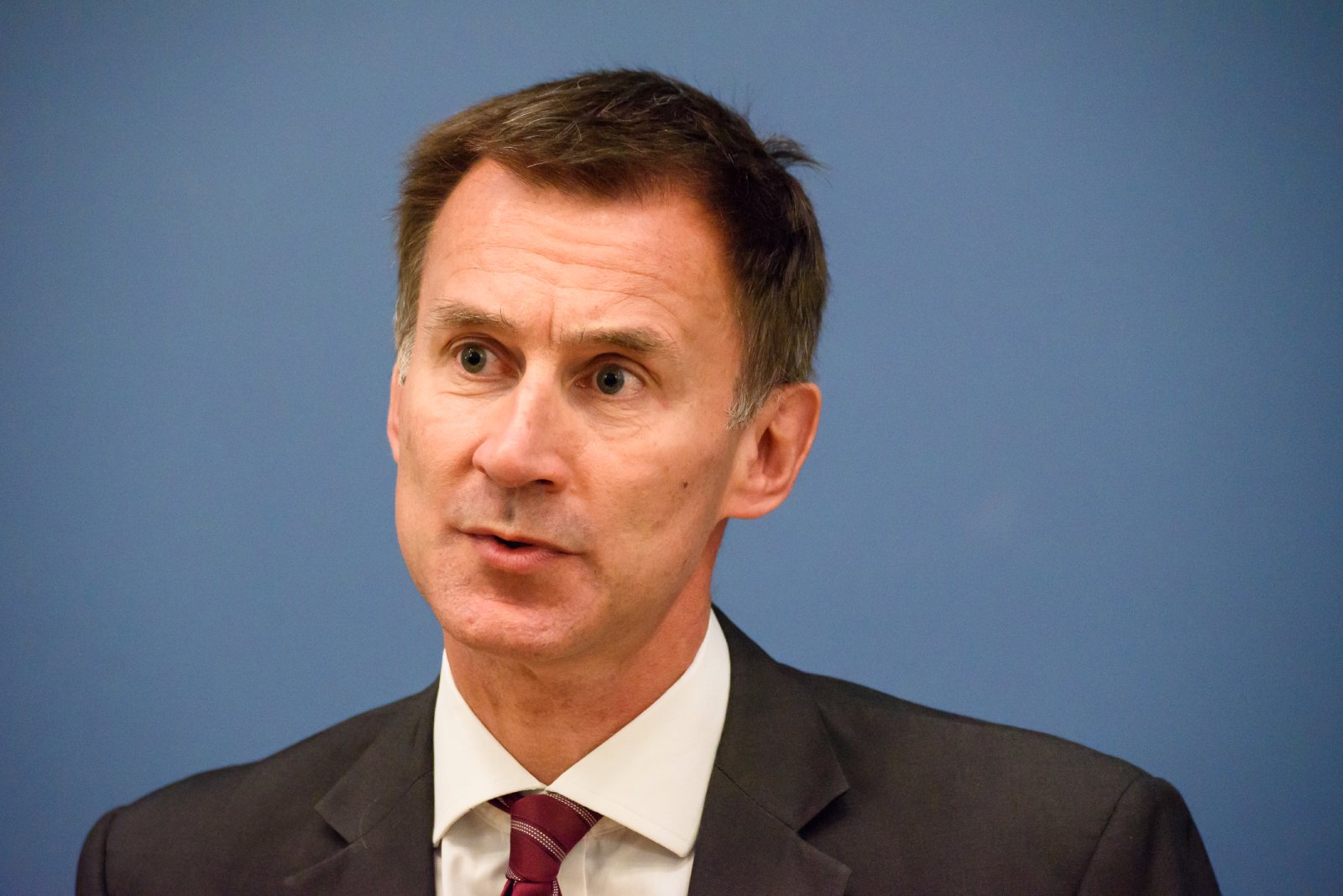
In Chancellor Jeremy Hunt’s spring budget, measures such as a reduction in National Insurance, changes in VAT thresholds for business and an extension on fuel duty reduction were designed to help the public feel better off.
There’s Some Good News
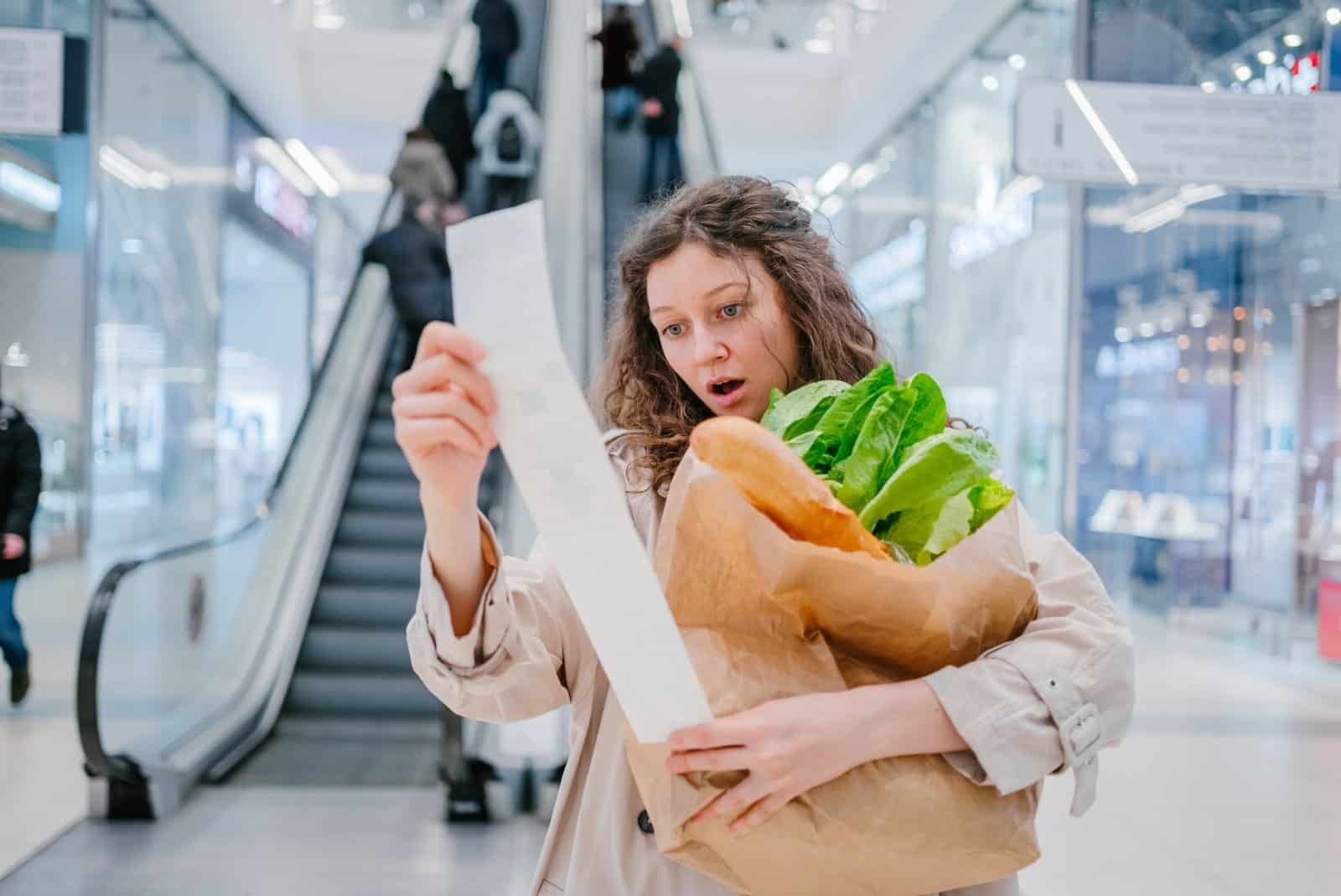
Food inflation is slowly coming down, which will help households feel better off. Given food is a high-frequency purchase, the effects of this should be noticeable to those who pay attention.
Energy Price Cap Will Reduce Energy Costs

The energy price cap is set to reduce on April 1st, which should have a significant effect on the price we pay for energy. This, coupled with a lower reliance on household heating as the temperature climbs should make us feel better off.
Inflation Significantly Lower Than the Peak

At its highest in October 2022, inflation stood at 11.1%. The government targets an inflation rate of 2% – a figure it hasn’t hit since the end of 2021. Over 2 years of high inflation has made Brits feel the pinch significantly.
Government Saying Inflation Calmed Thanks to Their Policies
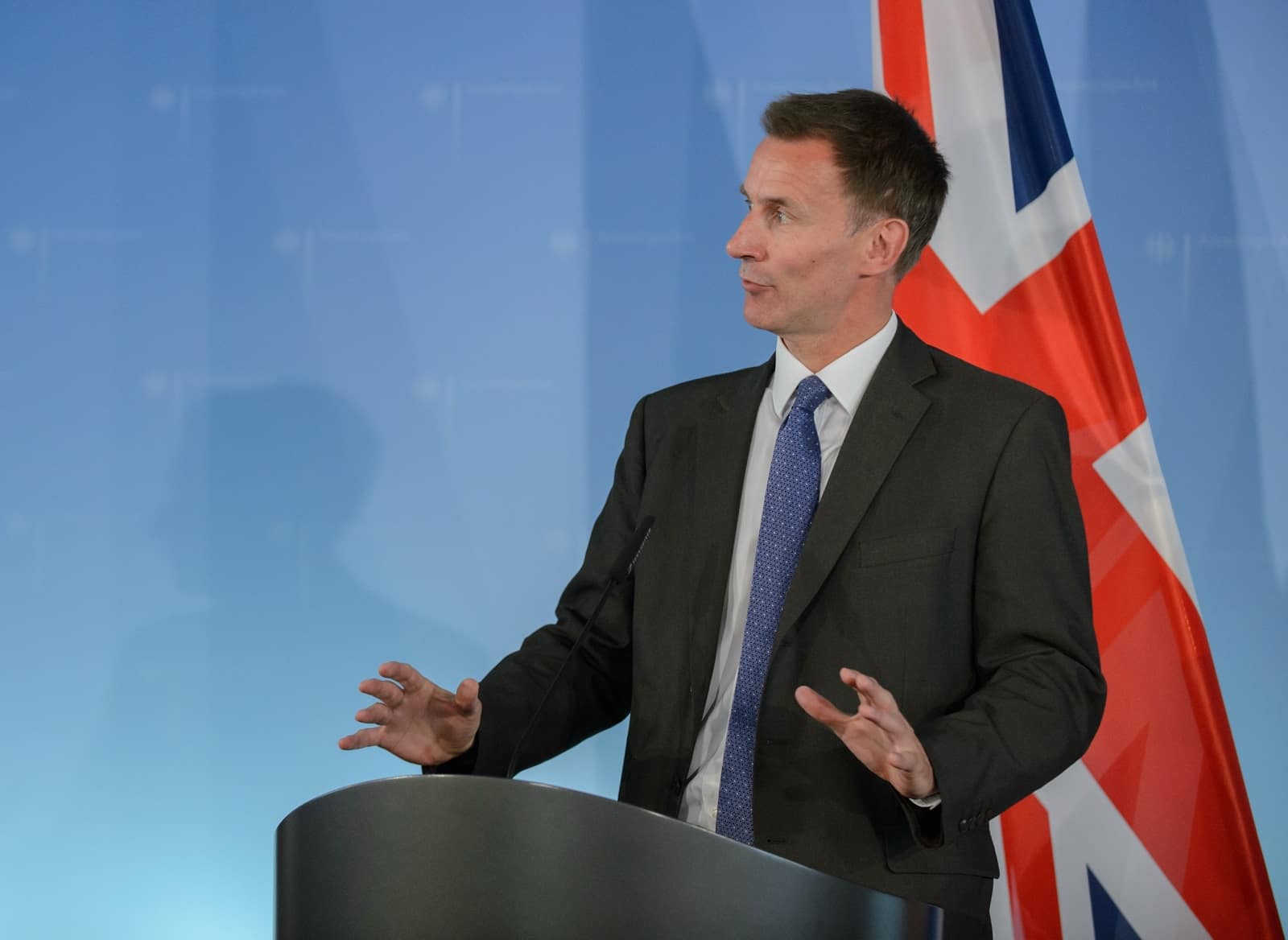
Jeremy Hunt has today said “The plan is working. Inflation has not just fallen decisively but is forecast to hit the 2% target within months.”
Further Inflation Falls Are Expected
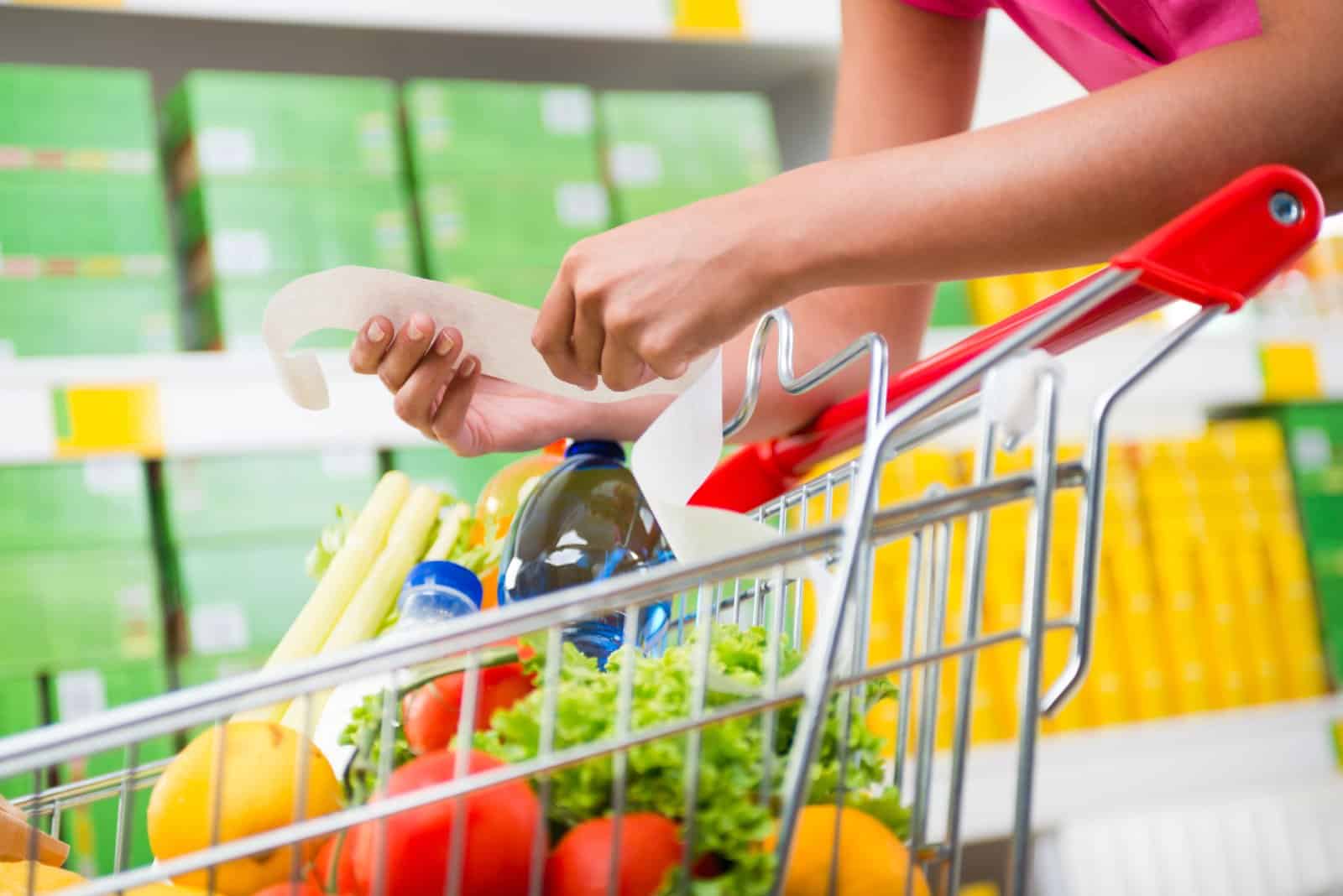
As the food and energy prices continue to fall, there’s a prediction from the Office of National Statistics (ONS) that we will continue to see falling inflation over the next few months.
All Eyes on the Bank of England
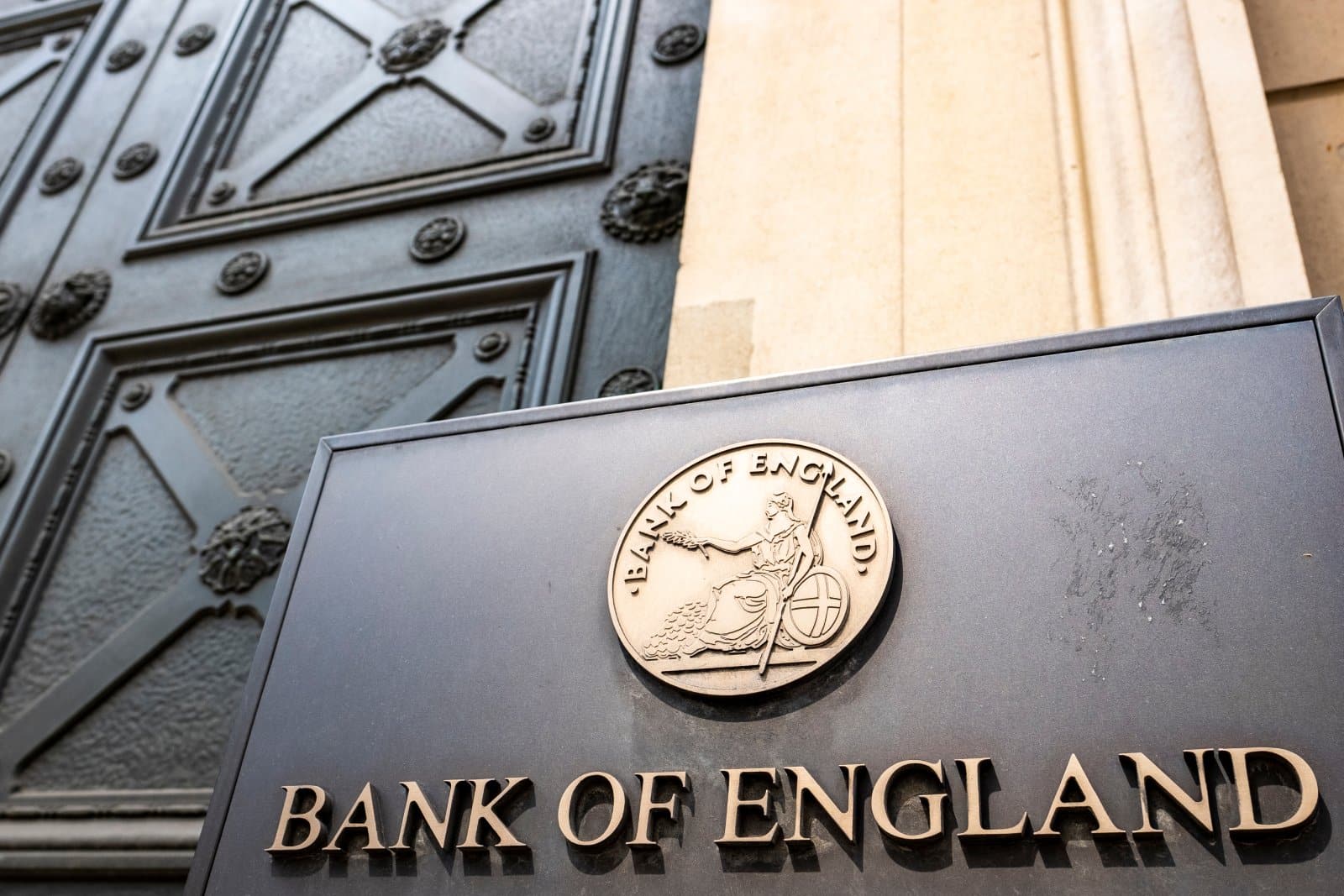
Whilst the cost of living crisis seems to be easing, attention will be turning to the Bank of England. Their decision on raising, holding or cutting interest rates will determine how our pockets will be affected.
Predictions Are Stable for Now, Cuts Coming Later

Economists are predicting that the Bank of England will keep interest rates stable for now, but will seek to reduce them in the summer. So far we’ve had 14 rate rises since the lows.
Public Warned Not to Get Carried Away

The costs of many goods and services are linked to previous inflation rates, so there’ll be further price rises in April, despite falling inflation. Water, mobile phones, insurance and other such services will jump in price again.
Public Won’t Feel the Benefit of Falling Inflation for Some Time

As much as the government will want to share this apparent good news, the public won’t feel better off for some time. Inflation has a ‘long tail’. Prices are quick to rise, but slow to fall.
What Will Make the Difference?

Ultimately the biggest impact will be felt when the Bank of England is satisfied that the economy has calmed enough that they can reduce the base interest rate. This is the figure that determines borrowing costs.
Lower Mortgages and Rents Are Key
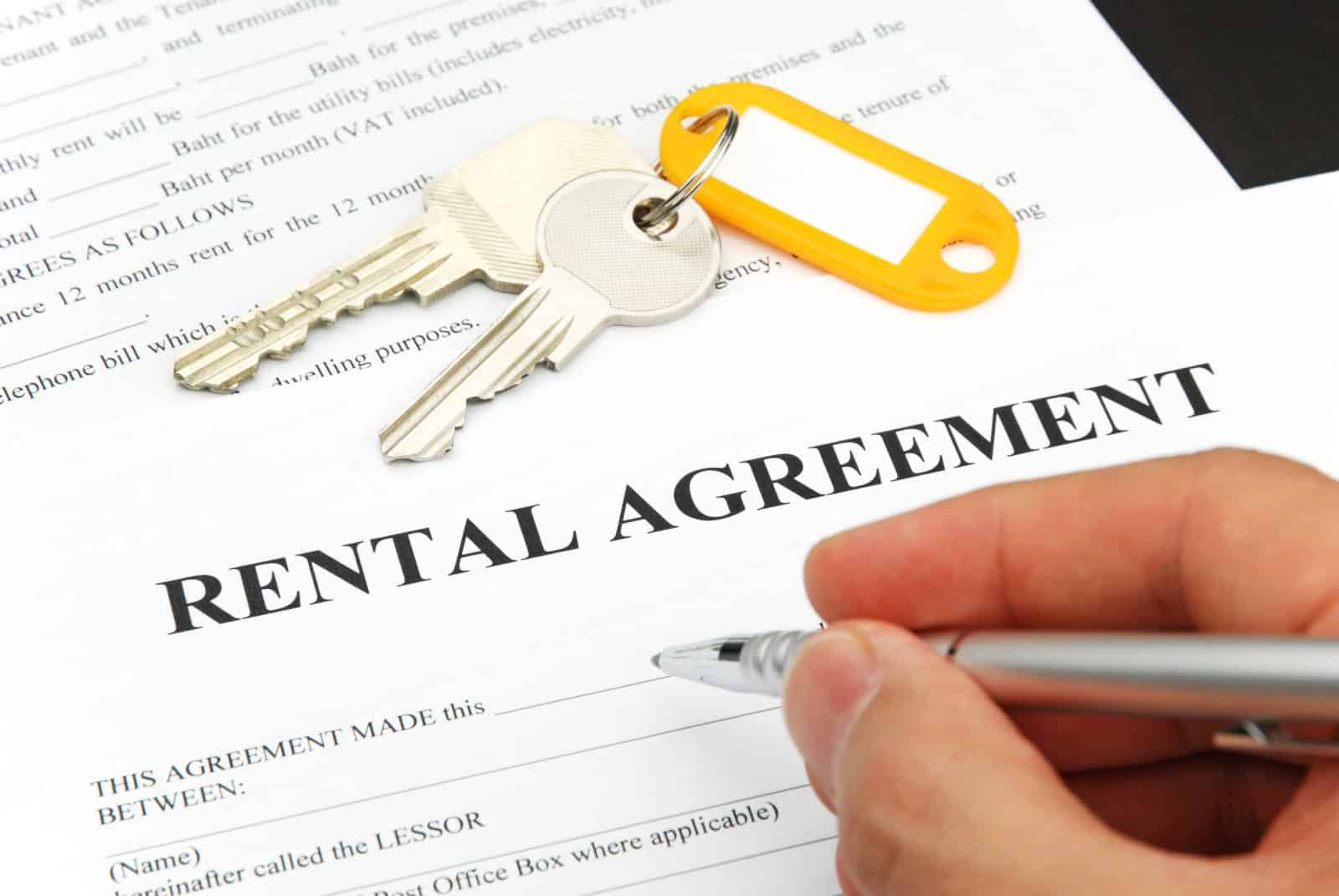
For many, especially those with mortgages and rents to pay, lower mortgage rates are the biggest driver on how well off we feel. Paying less for your housing translates directly into disposable income.
When Will We Feel Richer?

This is the question on everyone’s lips. It’s impossible to answer with precision, but with economists predicting interest rates to start falling later this year and early 2025, in reality, you can expect to feel a little better off in a year’s time.
More Articles Like This…
Broken Britain: 12 Reasons Behind the UK’s Decline
Say the Unsayable: 10 Occasions When Farage Spoke His Mind About Britain
The post Inflation Falls to Lowest in 2 Years – So Why Are We All Still Poorer? first appeared on Edge Media.
Featured Image Credit: Shutterstock / StoryTime Studio.

